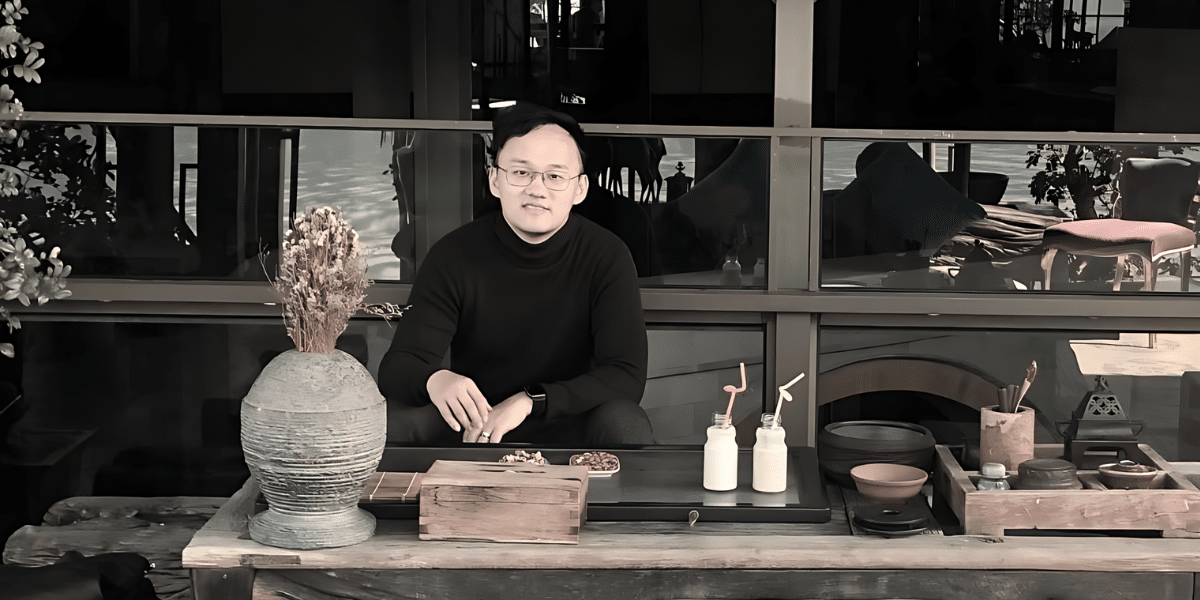At the start of 2020, business for freelance writer Alli Hill looked positive. She had just cleared her first year making six figures, had a comfortable workload, and had been invited to speak at a conference. She was also growing her brand, Fleurish Freelance, to help other freelancers become more successful. Then COVID hit – leading to a surprising period of growth.
While other businesses were closing their doors, reducing their hours, or frantically shifting to remote work, Alli quickly found herself with more work than she could handle. Demand for quality web writing spiked as companies refocused on their online communications strategies. Client requests flooded her email inbox as well as her profile on Fiverr, a freelance marketplace that makes up a portion of her revenue.
What’s more, Alli was now tasked with homeschooling her two children, whose school closed due to the pandemic. With less time to focus on client work, Alli shifted into creative problem-solving mode to keep up with demand while navigating the new normal.
More than two years later, what started as unexpected growth has turned into sustainable revenue. Here are the three tips Alli shares about how she turned uncertainty and overwhelm into opportunity.
1. Build a Network – Before You Need One
With more work and fewer hours, Alli had to make some changes. In the past, she would have had to say no to the extra workload. But just weeks before the pandemic upended daily life, she had spent some time networking with other freelance writers – and picked a couple to join her team.
“The conference I was invited to speak at happened right before COVID started spreading in the U.S. I remember being in St Petersburg, FL, packing my suitcase to fly home the next day and hearing about a confirmed case at the Tampa airport, where I was supposed to fly out of. Little did I know how much those connections I had made at the conference would mean so much to me so quickly.”
Instead of having to turn down work, Alli embraced every opportunity and leaned on her new team to keep her customers happy.
However, if she hadn’t already had a team in place, she’s not sure if this option would have worked. “It would have taken me more time to stop everything and post jobs, vet applicants, and build trust with them. Since I already had some connections, I was able to start using them right away.”
2. Set the Right Expectations
Alli’s customers had grown used to quick turnarounds, which was one of her competitive advantages. But given the higher volume of work, outsourcing tasks to her team, and managing more demands at home, customers had to wait a little longer for delivery.
“Customer expectations had to change slightly, and I made sure to let every customer know upfront how long it might take for them to receive their content. This would allow them to choose another writer if they couldn’t wait, or they could pay a premium fee to ‘skip the line’.”
Alli’s transparency and proactive communication helped to reinforce her brand image as a professional writer that cares about the quality of her work. Most customers didn’t mind waiting longer or paying a higher fee if they couldn’t wait. At a time when so much was uncertain, setting the right expectations upfront allowed Alli to earn her customers’ trust, respect, and ongoing loyalty.
3. Maintain Rigid Flexibility
Prior to the pandemic, Alli had a fairly predictable routine. She worked specific hours and knew how long each project should take. She’d finish one project before moving to the next, and looked for the “perfect” stopping point before taking breaks. That all changed during Covid.
“At first, I fought against change. I wanted to work in my normal flow. But after a few days of it just not working, I decided to lean into the new normal instead of fighting against it. I slept in as long as my kids would let me. I worked in smaller sprints instead of the longer blocks I was used to. I worked late into the night so I could have fun during the day.”
Surprisingly, Alli’s productivity didn’t suffer much, if at all. She could still handle all the client work she scheduled each day. In some ways, productivity improved because she had new limitations to consider.
“I was rigid in setting my goals, but flexible in how I reached those goals. When something feels like too much of a fight, find another way.”
Alli’s journey proves that creative thinking is always the way forward. Don’t take no for an answer.





